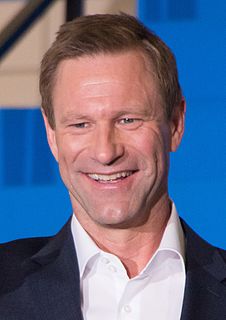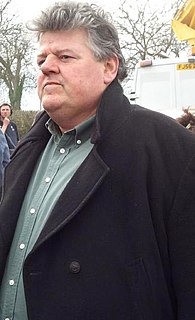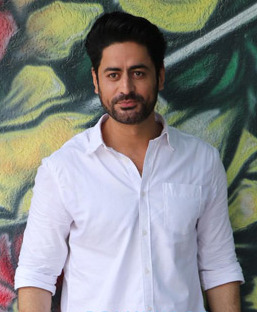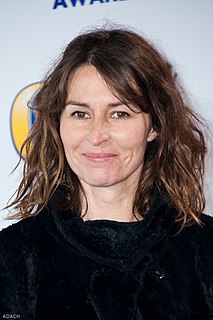A Quote by Stan Lee
If you're writing about a character, if he's a powerful character, unless you give him vulnerability I don't think he'll be as interesting to the reader.
Related Quotes
Within a single scene, it seems to be unwise to have access to the inner reflections of more than one character. The reader generally needs a single character as the means of perception, as the character to whom the events are happening, as the character with whom he is to empathize in order to have the events of the writing happen to him.
There are a couple of strategies for writing about an absence or writing about a loss. One can create the person that was lost, develop the character of the fiancee. There's another strategy that one can employ, maybe riskier... Make the reader suffer the loss of the character in a more literal way.
I just really like the characte [Jasper Hale], and I love the story [Twiglight], I think it's a very strong character and I respect him. It's interesting; I respect the character that I play. I don't understand it, but I do. That's a good thing. I think so, I think so. I never felt like that before with a character.
I have done scenes as Harvey Two-Face. It's interesting. I won't tell you exactly what we're going for, but I think that I can say that it will use all of today's technology to create this character. He's going to be interesting, and I think that's what makes this character important in the movie-you get to see him as he was before, as in the comic books. Harvey is a very good guy in the comic books. He's judicious. He cares. He's passionate about what he loves and then he turns into this character. So you will see that in this film.
The interesting thing about Hain is that he's not a very interesting character. He's not fabulously clever. He's not a great policeman. He's not hugely charismatic. I'd describe him as a kind-of Chekhovian character. He's an ordinary bloke, to whom extraordinary things have happened. Which is quite hard to play, I have to say.
When you are writing, you have to love all your characters. If you're writing something from a minor character's point of view, you really need to stop and say the purpose of this character isn't to be somebody's sidekick or to come in and put the horse in the stable. The purpose of this character is you're getting a little window into that character's life and that character's day. You have to write them as if they're not a minor character, because they do have their own things going on.
The first thing that happens is the cleansing of the former character. I don't think a lot of actors talk about it, but there is usually a process where you essentially purge yourself of the character played prior to the movie. Then you want to think about what the character represents, and you write down all of the elements about this character and then take the time to find some synchronicity and start breathing the character.
One nourishes one's created characters with one's own substance: it's rather like the process of gestation. To give the character life, or to give him back life, it is of course necessary to fortify him by contributing something of one's own humanity, but it doesn't follow from that that the character is I, the writer, or that I am the character. The two entities remain distinct.
I think 'Scarface' is a great film, but if you have a character like Tony Montana, you don't identify with him at all. I think it's very interesting instead to identify yourself with a character you don't like all the time. You can create a tension between the fiction and the viewer. You force the spectator to wonder about his actions.






































